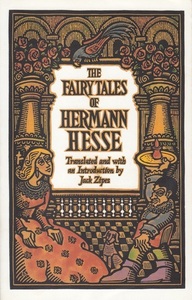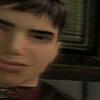Take a photo of a barcode or cover
adventurous
hopeful
inspiring
mysterious
reflective
relaxing
medium-paced
Plot or Character Driven:
Plot
Strong character development:
No
Loveable characters:
Yes
Diverse cast of characters:
No
Flaws of characters a main focus:
Complicated
adventurous
emotional
inspiring
reflective
medium-paced
challenging
medium-paced
adventurous
mysterious
slow-paced
Plot or Character Driven:
A mix
Strong character development:
N/A
Loveable characters:
Complicated
Diverse cast of characters:
No
Flaws of characters a main focus:
N/A
adventurous
emotional
inspiring
mysterious
reflective
medium-paced
Loveable characters:
Yes
fast-paced
medium-paced


